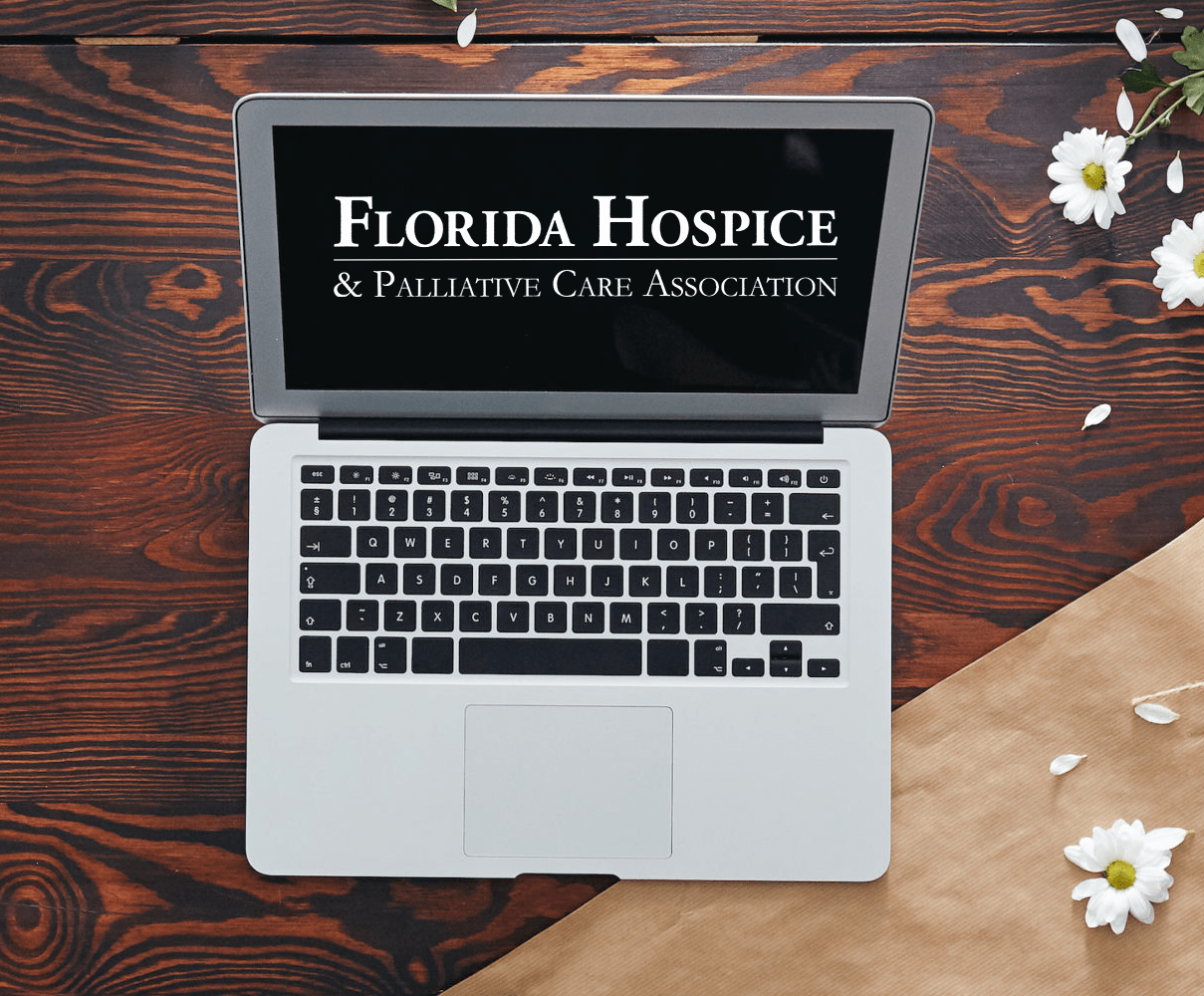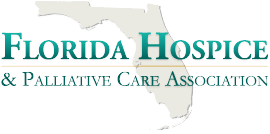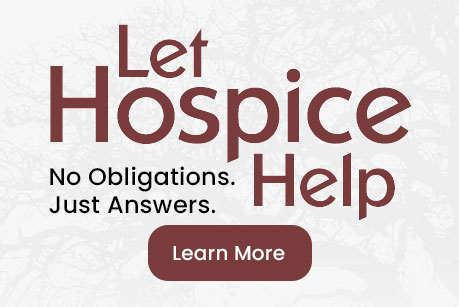Florida Hospice & Palliative Care Association (FHPCA) is pleased to announce position changes to its Board Leadership and Executive Committee for 2015. Susan de Cuba, MA, ACHE, President & CEO, Treasure Coast Hospice, served as FHPCA’s Internal Vice President before…
FHPCA Announces 2015 Officers
News
This year’s Forum was a great success! While we are preparing follow-up emails, evaluations, attendee lists, and CEU information to go out this week, don’t forget to mark your calendar for 2025:
Upcoming Events
Sun
Mon
Tue
Wed
Thu
Fri
Sat
S
M
T
W
T
F
S
30
1
3
4
5
6
7
8
9
12
13
14
15
12:00 PM - Telephone Communication Skills
18
19
20
21
22
12:00 PM - Building a Rock Star Management Team
26
27
28
12:00 PM - Reimagining Your Patient & Family Experience
2
3

Is your hospice or home care company prepared to manage legalized marijuana use by remote, hybrid, and onsite employees? Has your state’s MMP authorized you to administer cannabis to patients? As the march toward nationwide marijuana legalization continues, you can’t afford to leave cannabis compliance to chance. Employers are increasingly challenged by marijuana use by staff during and after working hours. While marijuana use remains illegal on the federal level, states are swiftly legalizing medical and recreational use.
Regardless of where your state stands, now is the time to address the risks and challenges posed by employee and patient marijuana use. Learn why and how to write best practices-based marijuana policy and procedures to communicate rules, manage expectations, support productivity, ensure safety, and comply with federal and state laws. Attend to learn the ABCs of evolving laws and effective marijuana policy for employees and patients.

It is predicted that one in five patients could face a live discharge – and possibly even more for those with a noncancer diagnosis or in a for-profit hospice. Hospice providers continue to be faced with eligibility and length-of-stay dilemmas. Hospice services are promoted, but then they may be discontinued due to ineligibility or other reasons. In addition, hospice providers are measured closely for quality through claims data for burdensome transitions related to live discharges.
The hospice live discharge process can be complex. This webinar will review that process, with an emphasis on ongoing eligibility assessment, discharge planning, the team members that should be involved, and the timelines needed to minimize a burdensome transition. You’ll learn a mechanism to support the care continuum even after your services are discontinued to help your agency monitor and keep track of your live discharges for appropriateness and minimal care disruption.

What are the problems and how can they be solved? This question might very well serve as an indicator for how hospice and palliative care have mistakenly marched right down the path hospice pioneers were trying to avoid - the medical model. Providing support is, and must be, about so much more than just diagnosing people’s problems and then coming up with a solution.
What about end-of-life closure? What about helping people explore opportunities and possibilities? What is the role of meaning and purpose as life comes to an end? This webinar will look at what it means to coach, guide, and accompany people as they achieve their best possible end-of-life experience.

Jennifer calls two healthcare organizations seeking information. Her impression of the first is that they are attentive, competent, and ready to help. The second organization feels indifferent, unfriendly, and abrupt. This impression was formed from a single phone call. Poor telephone behaviors – whether systemic or interpersonal – reduce access and could be a top branding issue. Healthcare providers have less to fear from competitors offering the same services than from indifference of a team member.
How can you sustain the gains implemented as a result of attending this webinar? You can’t observe every telephone call. The solution is a peer coaching program to reinforce agency standards throughout the year. A peer call coaching program is the most effective way to sustain positive call behaviors and customer satisfaction. By the end of this webinar attendees will have a simple, ready-to-implement program.

All hospices provide the same core services, but not all hospices are created equal. “Our team is the best; they are very compassionate, and they care about the patients” is not a unique value proposition – in fact it should be a given for all hospices! What makes yours different? How do you stand out from the ever-growing crowd of hospices in your market while preserving the integrity of your organizational values?
This webinar will delve into the crucial aspects of crafting unique differentiators for hospice care that resonate with your organization’s culture and create value for your referral community’s needs. It will explore strategies to enhance your hospice’s identity in a competitive landscape, ensuring your services are distinctive and attract clients. Practical examples will guide you through aligning your hospice’s values with the expectations of increasingly savvy patients, families, and referral sources. Implementing these programs will foster stronger connections, increase referrals, and grow your business.

Having the knowledge and skill to facilitate thorough, effective conversations around advance directives is absolutely essential for those working in home health and hospice. Every patient-facing staff member needs to understand the components of advance care planning and know how to skillfully and respectfully navigate conversations with patients and families. Failing to do so inevitably impacts the patient and family experience in profoundly negative ways and can even create serious regulatory issues for your organization.
This informative webinar will help you sort through the complexities and provide the information needed to assist patients and families with these important care choices.

Healthcare agency change of ownership via mergers and acquisitions is on the rise, especially in key areas where starting new agencies is impossible. This webinar will present the necessary elements of due diligence, both financial and operational. It will review the risks associated with a complex healthcare industry and explain why it is critical to embark on the due diligence process as early as possible.
Learn what you need to know about the process, how to prepare, what documents to request, and who to contact and when. Find out how to identify potential risk, when to remain in the deal, and when to walk away. Don’t miss this opportunity!

This webinar is designed to build stronger connections, collaboration, alignment, and problem-solving skills within your management team. Doing so provides a clearer direction for your staff, which leads to increased employee and healthcare professional motivation and retention. Studies show that higher employee and caregiver engagement directly leads to stronger patient engagement and outcomes. After the webinar, you will be able to apply the lessons learned directly with your team.
29
Jul
This webinar is designed to equip you with the tools and strategies needed to navigate tough discussions with confidence and empathy. It will address various feedback models to help you structure effective feedback. In addition, it will explore some common responses to difficult conversations - denial, defensiveness, justification, and aggression - and provide techniques for managing these responses constructively.
Say goodbye to the days of feeling uncomfortable before a tough conversation. Don't miss this opportunity to enhance your communication skills and build stronger relationships in both personal and professional settings.

Hospice and home care agencies are discovering that superior customer service experiences lead to increased satisfaction, which, in turn, brings greater compliance with treatments and clinical outcomes. And, sometimes important lessons are learned from outside the healthcare industry.
Join us to learn the essential elements needed to strengthen patient and family experiences. It’s critical to understand the importance of handling an inquiry call, the first 24 hours of being on service, and how to innovate your delivery system to drive excellence. In short, there are strong mission and business reasons to focus on creating an improved patient and family experience.

Accurate hospice eligibility documentation is critical to fulfilling the CoPs and payment requirements. The lack of supporting documentation for a terminal prognosis is the number one reason for denial. Reviewers often look for a significant decline in patient condition. Although this is not a requirement of hospice care, a terminal prognosis is.
This webinar will help clinicians document the slightest changes in baseline measures. More importantly, it will explain how to capture the changes that support terminal prognosis – even without a decline in baseline measures. Go beyond the LCDs and common tools for documenting eligibility by drilling down to the details and characteristics that differentiate terminal and chronic patients with the same diagnosis.

WEBINAR DETAILS
Emails, text messages, instant messages, direct messages, social media marketing, online review responses... so much of our daily work is now communicated through the written word rather than the spoken word. Unfortunately, much of it is not well written. Join us to learn how written communication impacts your effectiveness and reputation, and how you can stand out with your team and clients as a great communicator!


